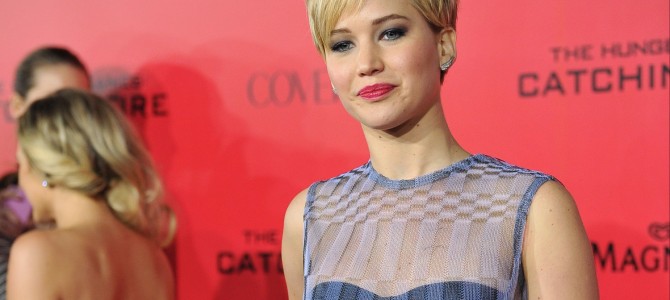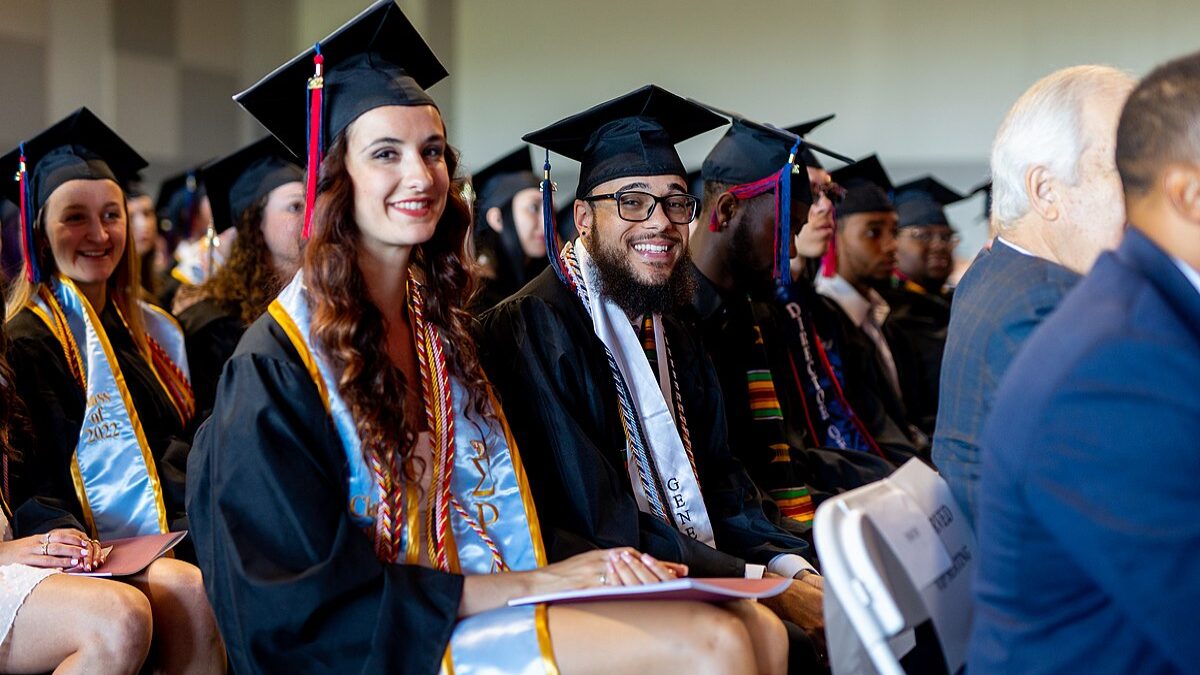
The equal pay gap is the issue du jour this week. It was a hot topic at the Democratic debate Tuesday night, and in Hollywood, actress Jennifer Lawrence recently discovered she made less on a blockbuster hit than did her male peers.
Unfortunately, equal pay has gotten a bad reputation on the Right, due to misinformation the Left likes to peddle. The record is easy to set straight, and the good news is that Hollywood isn’t the real world and the real world isn’t Hollywood.
Lawrence Makes A Convincing Case for a Wage Gap
In Lena Dunham’s newsletter, “Lenny,” the Academy Award-winning Lawrence penned an incisive opinion about what it was like to discover via the recent Sony email hack that she made less than her male costars, Christian Bale, Jeremy Renner, and Bradley Cooper, on the film “American Hustle.” The Daily Beast reported that Lawrence and Amy Adams each received 7 percent of the movie’s box-office profits and Cooper and Bale each received 9 percent.
When the Sony hack happened and I found out how much less I was being paid than the lucky people with d****, I didn’t get mad at Sony. I got mad at myself. I failed as a negotiator because I gave up early. I didn’t want to keep fighting over millions of dollars that, frankly, due to two franchises, I don’t need.
One could argue Lawrence isn’t as good an actor as, say, Christian Bale, and that might be true, but Jeremy Renner? She’s light years ahead of him, in terms of sheer talent. One could also argue she only played a supporting role in the film, so she should have received less, yet Bradley Cooper was also in a supporting role (both were nominated for Oscars but didn’t win).
So, all things being equal, comparing apples to apples, role to role, talent to talent, should Lawrence have received 9 percent of the box-office profits like her male peers? It sure sounds like it. If she should have, why didn’t she?
Lawrence Calls Out Hollywood Sexism
Turns out, Lawrence realized what statistics have shown about Hollywood for decades: That place is a sexist desert. Being a woman in Hollywood, whether as an actress, screenwriter, producer, or the like is akin to wearing a cloak of invisibility.
After the Oscar nominees were announced this past year, the Women’s Media Center found “149 men are nominated versus 35 women” across 19 non-acting categories. There were seven Oscar categories with no women nominated, and “since 2012, only 19% of all non-acting Oscar nominations have been for women.”
Actress Charlize Theron discovered from the same Sony e-mails that her co-star Chris Hemsworth made $10 million more than she did on a film. As The Federalist’s Mollie Hemingway reported earlier this year, a study by The Center for the Study of Women in Television & Film found only 9 percent of the top 250 domestic-grossing films of 2012 were directed by women. According to researcher Susana Orozco, who went through every single spec script sale from 1991 and 2012, women wrote only 14 percent of spec scripts sold between 1991 and 2000.
At first, Lawrence danced around the fact that Hollywood is sexist, saying she held off negotiating for more money because she was afraid she might appear difficult. She recognizes her male peers didn’t struggle with this: “Jeremy Renner, Christian Bale, and Bradley Cooper all fought and succeeded in negotiating powerful deals for themselves. If anything, I’m sure they were commended for being fierce and tactical, while I was busy worrying about coming across as a brat and not getting my fair share.”
She blames her age and outspoken personality, and wrestles with whether she didn’t receive more money because she failed to ask for it. While this is possible—“You have not because you ask not” is occasionally an effective strategy—the more likely explanation is it wouldn’t have mattered. She opines, “[B]ased on the statistics, I don’t think I’m the only woman with this issue. Are we socially conditioned to behave this way? We’ve only been able to vote for what, 90 years?”
Only toward the conclusion of her essay does Lawrence call out the elephant in the room: Hollywood’s sheer sexism. “I wasn’t completely wrong when another leaked Sony email revealed a producer referring to a fellow lead actress in a negotiation as a ‘spoiled brat.’ For some reason, I just can’t picture someone saying that about a man.”
Lawrence’s Experience Doesn’t Apply Nationwide
It’s ironic that a place that touts equality in so many areas, especially regarding same-sex and transgender issues, fails to honor the women in their field with equal pay, like the rest of the country’s workforce does.
Luckily for us—and, perhaps in this specific area, unlucky for her—Lawrence is a Hollywood star. (She admits, and we agree, it’s hard to feel too bad for her.) But for the rest of us who work and live and play outside of Hollywood, California, there is actually no gender wage gap.
For years, the media has been propagating the idea that women make only 77% of what men make. According to the Independent Women’s Forum, that statistic “compares the salaries of all men and women with full-time jobs. But it doesn’t consider apples to apples, doctor to doctors etc […] It doesn’t take into account that more men choose to be engineers and more women choose to be social workers. Or that women take time out of the workforce and men tend to put in longer hours.” Even the U.S. Department of Labor found that, when education and career choices are part of the equation, women make nearly the same as men, 94 percent.
For most of us, that’s another reason it’s better to live in reality than to live the life of a movie star.









